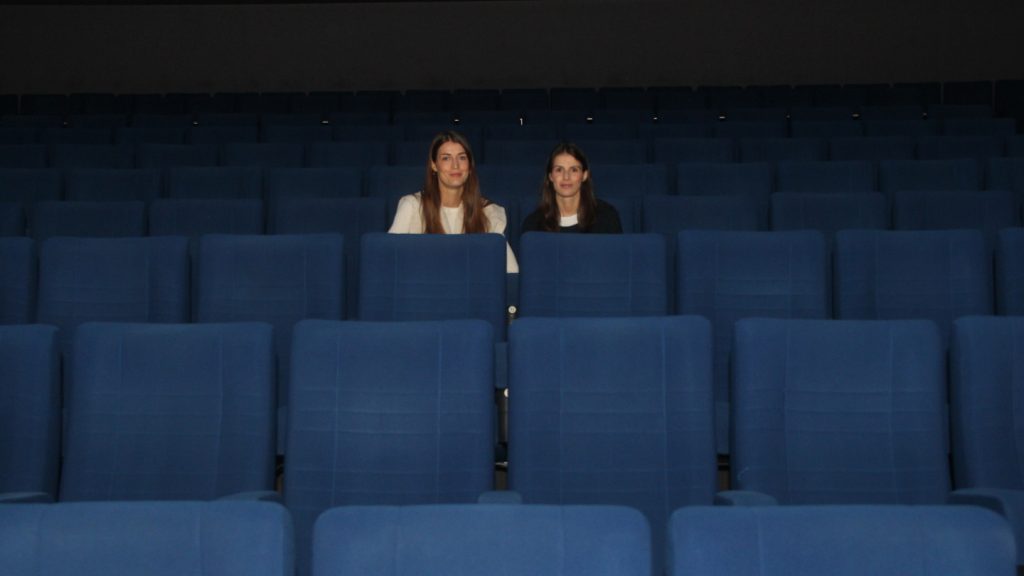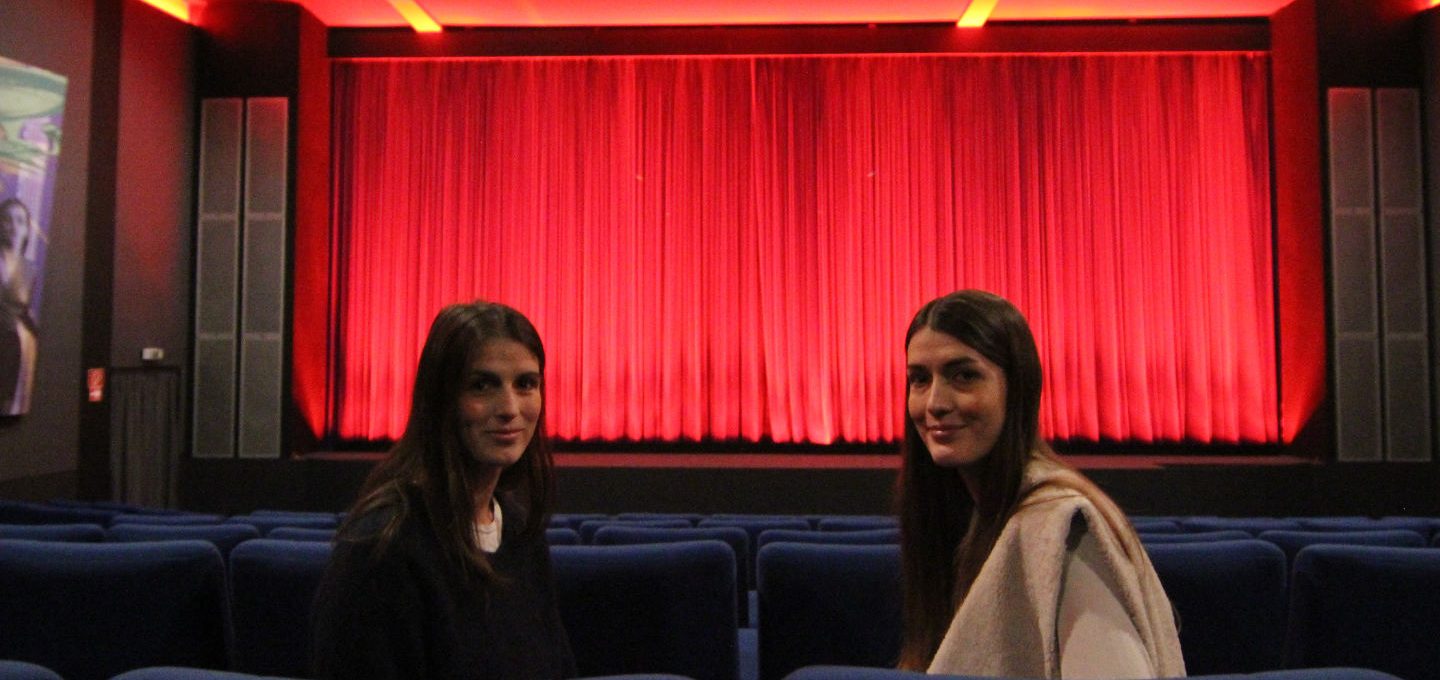The people of Cologne have a special relationship with cinema. A relationship that started even before the first moving pictures on the big screen mesmerised audiences.
It stems from a pioneering businessman who was fascinated by the technological achievements of his day: Cologne entrepreneur Ludwig Stollwerk (1857-1922). He developed an interest in technology that could be commercially exploited when he had dispensing machines installed in the city to sell his chocolate factory’s produce.
Stollwerk started investing in international inventions designed to generate “living images” back in 1882. It was under the aegis of Stollwerk’s Deutsche Automatengesellschaft (DAG) that the first film showing in Germany took place in Cologne in 1896. The cinemas that Stollwerk began building in 1906 were also among the first in Germany.
A flourishing landscape
More than a 100 years later – despite wars, crises and the advent of television – Cologne still has a flourishing cinema landscape. That’s thanks to Stollwerk’s spiritual heirs who display enthusiasm, creativeness and a love for the medium of film in their running of Cologne’s cinemas.
One of the city’s historic picture houses, where movies are still shown today, is the Odeon in the Severinsviertel neighbourhood. Its story began in 1956 under the name of Rhenania and came to a temporary end in the 1970s, when visitors began to stay away in their droves as television took over. Local actress Trude Herr took it on and turned the premises into a theatre, Theater im Vringsveedel.
Cologne’s fantastic long-standing cinemas – a selection
- Odeon
A trip down memory lane: this historic picture house also has a café and beer garden. - Cinenova
This place offers the comfort of a multiplex cinema – with an arthouse programme. - Lichtspiele Kalk
This decades-old cinema on the right bank of the Rhine shows select films. - Rex am Ring
Run by Catherine Laakmann, Rex am Ring is the oldest existing cinema in Cologne. Originally opened under the name of Lichtspiele des Westens in 1928, it was the city’s last cinema to be built during the silent movie era. - Metropolis
Metropolis on Ebertplaz was first opened back in 1950 under the name Burgtheater Lichtspiele and has been around in its current form since 1986. The majority of the films shown here are in English. - Weißhaus Kino
Theater am Weißhaus in the district of Sülz was opened in 1953. A “movie temple”, it had a seating capacity of 750. The large auditorium closed in 1974, leaving the smaller studio in the neighbouring building, which still exudes 1950s charm today. - Filmpalette
Filmpalette on Lübecker Straße was established in the 1950s and has a nostalgic ceiling of stars for that extra “ooh” effect. - Off Broadway
Originally opened under the name of Lupe back in 1949, today Off Broadway is an expert in independent cinema.
An all-round movie experience
After Trude Herr shut down the theatre in the 1980s due to a lack of subsidies from the council, it was re-opened as a cinema in 1987 under the name Odeon. The management then changed hands several times until Jürgen Lütz’s firm Odeon Lichtspieltheater GmbH took over the reins in 2002. Apart from its nostalgic auditorium, Odeon has a cosy café and a beer garden for guests to enjoy.
Cinenova, run by the Borck family, also provides a modern, all-round movie experience, combining a cinema, restaurant, beer garden and open-air showings.

The building that now houses this cinema in the Ehrenfeld district used to be a UPS parcel depot. Husband and wife Dieter and Martina Borck converted it in 1996, drawing on their many years of experience at other cinemas in Cologne.
An arthouse cinema with a multiplex feel
“Cinenova offers arthouse films in a multiplex setting,” explains Sandrine Borck, summarising the essence of what makes the cinema so popular with regulars. Sandrine and her sister, Adrienne, now manage the cinema their parents set up.
Movie buffs who like their cinemas to have a little history to them and enjoy discovering more obscure film gems will find what they’re looking for at Lichtspielen Kalk. Operating under the name of Union-Lichtspiele from 1947 to 1974, this place then spent four decades as a disco and a free church with preachers taking the place of the projectors. It’s run by Jennifer Schlieper and Felix Seifert, who fulfilled their dream of having their own cinema in 2017.
A pioneer in the screening of film in Germany, Cologne’s cinema scene is constantly re-inventing itself – thanks to the courage and passion of the city’s movie lovers.

0 comments on “Cologne and its cinemas: pioneering pictures”